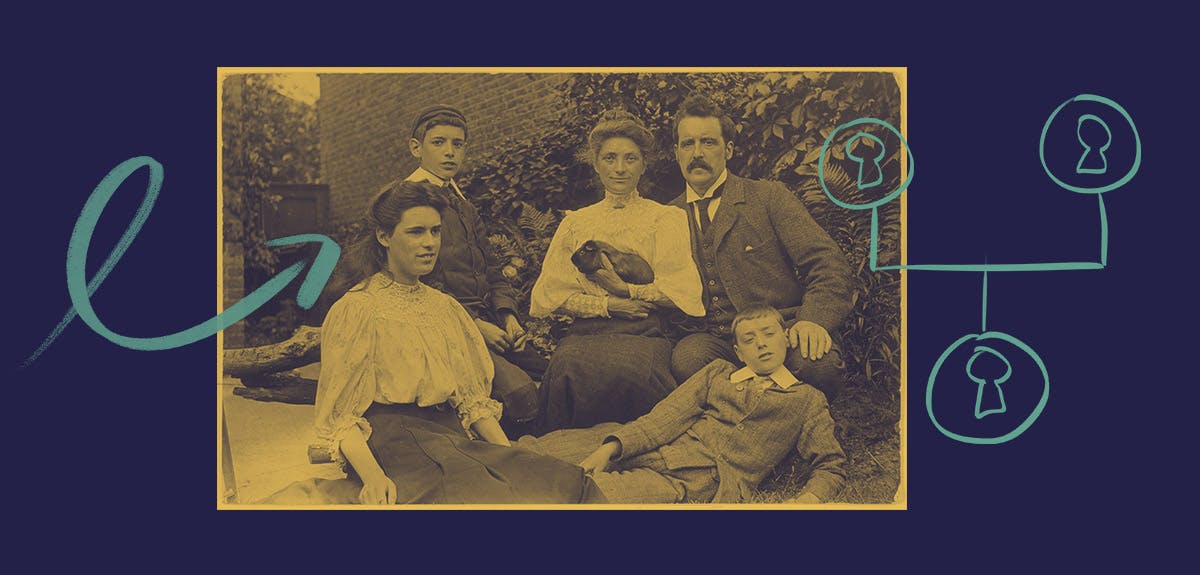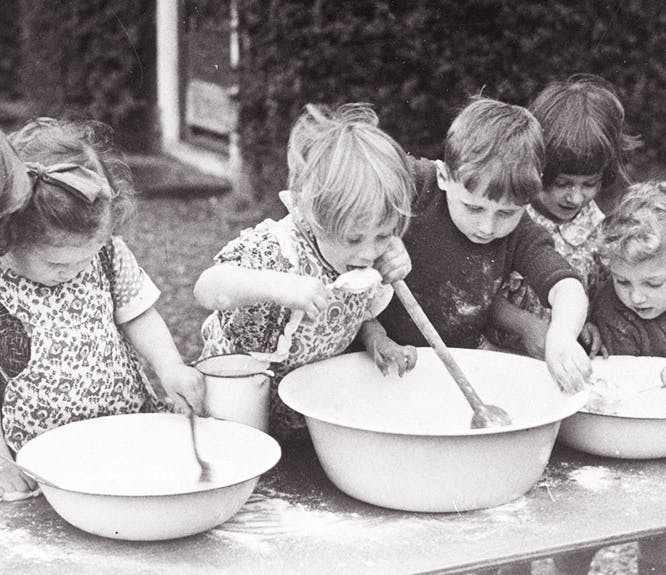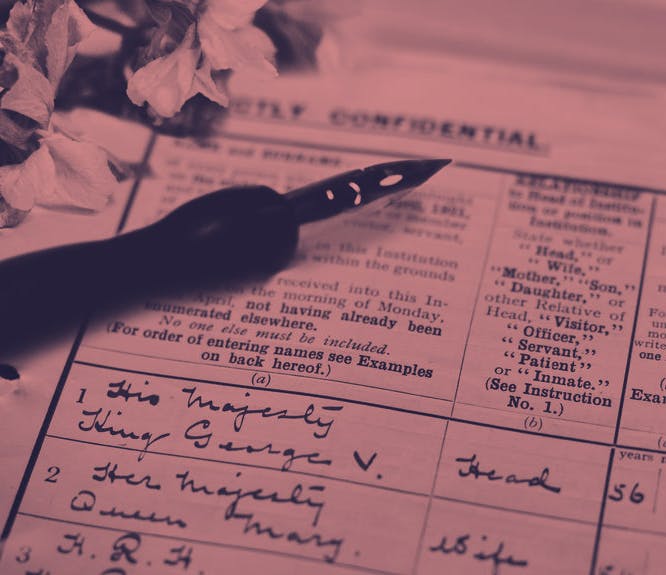How to research your great-grandparents: the forgotten generation
2-3 minute read
By The Findmypast Team | December 6, 2024

Over five million Brits know little to nothing about their great-grandparents. We're on a mission to change that.
Can you name all eight of your great-grandparents? Do you know what they did for a living? How about where they lived?
Recent research has revealed that over five million of us know nothing about our great-grandparents.
Although most people know a lot about their grandparents, just 10% of Brits know basic details about their great-grandparents, such as their names, birthplaces, and occupations.
News of this generational knowledge gap is worrying - it reminds us of the importance of researching and preserving the stories of our forebears. With a wealth of historical records and newspaper pages at your fingertips, there's never been a better time to begin researching your great-grandparents.
This simple guide will help you learn who your great-grandparents were and give you insight into their lives.
1. Make notes
First, make a list of your parents' and grandparents' names (including maiden names), their birthdates and birthplaces, and where and when they got married.
If you can, ask your parents and grandparents to help fill in the gaps. Don't worry if you aren't able to gather much information. The wonders of modern technology should be able to help…
2. Start your tree
Starting a Findmypast family tree is the best way to continue your family history journey. The family tree builder will ask pertinent questions about you, your parents and your grandparents.
It doesn't matter if you don't have all the answers, the family tree builder will cross-reference birth and marriage records to come up with suggestions for you. After spending a few minutes using the family tree builder, you'll have a basic family tree.
3. Let hints do the hard work
Now you have a family tree, it will automatically search records – everything from censuses to birth, marriage and death records – for mentions of your family members.
If a match is found, an orange bubble will appear next to the relevant person. These are called hints. Click the hint, review the details listed in the hint and choose whether to add them to your family tree.
4. Spread your net wider
Hints can help you quickly trace multiple generations. However, it's always useful to ask extended family for any corroborating information.
Your parents' cousins and their children will share some of the same ancestors as you. If you're lucky, someone in your extended family may have already unearthed information on your great-grandparents. Ask around and if one of your relatives has already done some work on the family tree, ask them if they wouldn't mind sharing.
5. Delve even deeper
Once you know the names of your great-grandparents, the fun really starts. Your great-grandparents could appear in all sorts of historical records that might reveal juicy bits of information about their lives, and maybe even give you an insight into the kind of people they were.
Why not search for your great-grandparents' names, addresses or workplaces in our vast newspaper collection? With the newspaper archive, searching is simple yet powerful. Start with just a name or keyword and our smart filters will help you pinpoint the pages that matter to you.
Find family members together by adding more than one name into a single search. You could soon be discovering incredible stories that affected your entire clan. You can also quickly and easily add or remove more filters to refine your search even further. It’s never been simpler to sift through 300 years of history.
Related articles recommended for you

Five Christmas recipes from history you can make and enjoy today
History Hub

Family history records unlocked mysteries for royal correspondent Jennie Bond
Discoveries

What does your ancestor’s handwriting say about them?
Discoveries


